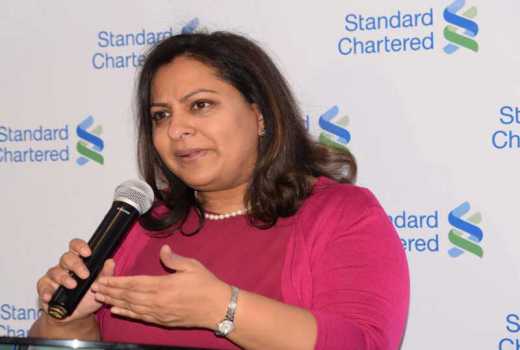×
The Standard e-Paper
Home To Bold Columnists

Kenya and other African countries are back to the debt trap of the ‘90s, leaving them with little option but to borrow more to refinance maturing debts.
Experts said yesterday Kenya in particular was faced with narrowing options in its quest to get out of its current situation, made worse by the Government’s insatiable appetite for debt as creditors come calling.